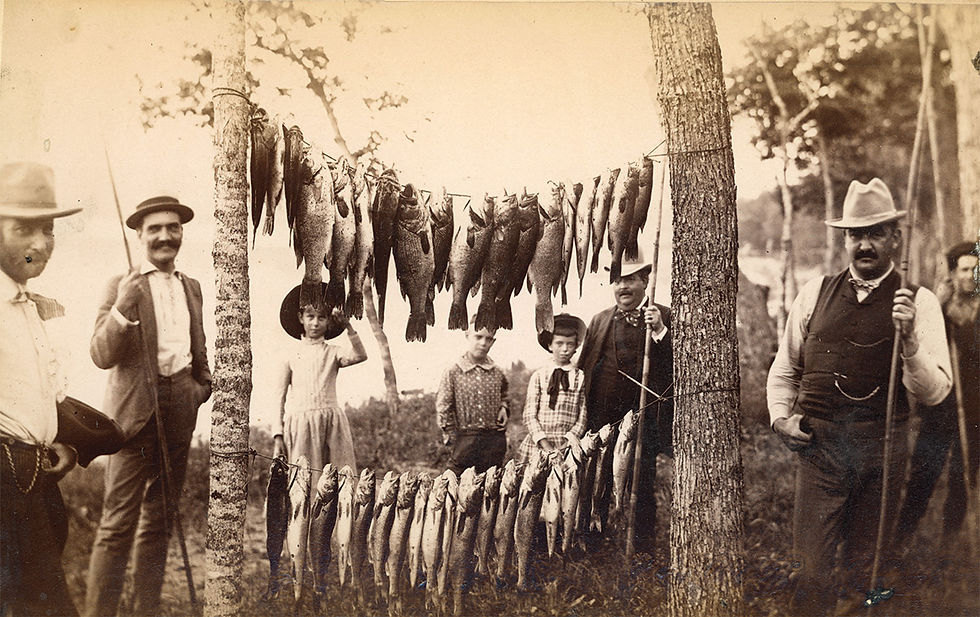‘Death by slow trickle’
- Sr Perspective

- Sep 1, 2019
- 4 min read
Family’s struggle with Alzheimer’s Disease

(Front) Walter and Beverly with their children, (back L to R) Roger Deterding, Mark Deterding and Rita Strickler. Walter suffered from Alzheimer’s during his retirement years (age 60-80). He passed away in 2013. Contributed photo
In 1906, a German doctor named Alois Alzheimer described a peculiar disease of the brain that would later carry his name. He set a new standard for understanding deteriorating brain disorders by establishing a unique clinical study of patients. He used the newest scientific tools of his day to determine how symptoms related to physical changes in the brain.
Over 100 years later, nobody has yet been able to say, “I’m an Alzheimer’s survivor.” There is no cure, nobody has defeated the disease and effective treatments are lacking. According to the Alzheimer’s Association, 50 million people worldwide are currently living with Alzheimer’s or other forms of dementia. More than 5 million are Americans.
Alzheimer’s is a brain disease that causes a slow decline in memory, thinking and reasoning skills. In some cases, memory loss that disrupts daily life may be the first symptom of the disease. According to the National Institute on Aging, scientists believe that many factors influence when Alzheimer’s disease begins and how it progresses. The more they study this devastating disease, the more they realize that genes play an important role.
Walter Deterding was a printer by trade, a U.S. Army veteran, a husband and the father of three. He was diagnosed with Alzheimer’s at age 60 and lived with the disease until his death in 2013 at age 80. He was one of nine children born to John and Salome Deterding in Bluffs, Illinois. All but one of those siblings would eventually be diagnosed with Alzheimer’s.
One of Walt’s sons, Mark Deterding, lives in Alexandria with his wife, Kim. Mark is concerned about Alzheimer’s disease and what it may mean for him and his family.
“I want to do everything I can to try to find a cure for this disease before too many more generations are impacted,” he said. Mark isn’t a research scientist, but he’s finding ways to raise awareness and is helping to find a cure. He and his younger brother, Roger, and sister-in-law, Kelly, are all participating in a major Alzheimer’s study at the University of Wisconsin, Madison, where there’s an entire floor of the facility dedicated to this research. The three will be involved in this study for the rest of their lives.
Several years ago, Mark, Roger and Kelly went for their initial tests, including brain scans (MRI) and spinal taps. Now every two years they report for more testing, which will not only include more physical examinations but also intense mental assessments to evaluate memory, problem solving, concentration and other intellectual skills.
“The testing and the outcomes are used solely for research and the intent is not to give us all the results along the way,” said Mark.
According to information on the University of Wisconsin website, the research will test whether Alzheimer’s disease is caused, or at least influenced, by a certain community of microorganisms. The research will rely on both animal and human studies and will assess 250 participants, including people with and without Alzheimer’s. In order to find a cure, research looks for a cause.
Mark offered words of advice to other families coping with loved ones suffering from dementia.

Dave and Dan Deterding stand with their grandfather, Walter, who lived with Alzheimer’s Disease for 20 years before his death in 2013. Contributed photo
“Remember that the person is still who they are,” he said. “We need to simply love them, be there and get help.”
Caring for a loved one with Alzheimer’s can wear you down.
“Once you take that burden from yourselves,” said Mark, “You can concentrate on just loving them to the fullest. At the same time, you are offering someone else the opportunity to fulfill their purpose of giving heartfelt care to dementia patients.”
Mark’s nephew, Alex Strickler currently works at a senior living facility in Alexandria. Given a choice, Alex asked to care for Alzheimer’s residents, likely because he understands the importance of the service he provides.
Mark describes Alzheimer’s as “death by slow trickle.”
“We lose our loved ones before we really lose them,” he said. “The disease can bring on a complete feeling of hopelessness for family and for caregivers. It’s the eternal hope that gets you through these situations. Life is short, but eternity is forever and that awareness can bring big time hope to people.”
For the Deterdings, hope also means finding a cure. Mark and his family and friends have raised over $4,000 and expect to reach $5,000, which will go toward an Alzheimer’s Association fundraiser. The family has formed a team to participate in the upcoming Walk to End Alzheimer’s in Alexandria on September 7. Their team is called Walt’s Walkers. The Deterdings have also been named the Honorary Family for this year’s event.
It’s been said that Alzheimer’s is relentless, but so are the millions of friends, family members, caregivers and researchers who are fighting to find a cure.
“I feel all kinds of positive momentum,” said Mark, “and I look for a huge breakthrough in the next five years!”
For more information about the Alzheimer’s event in Alexandria, contact Katrice Sisson at 320-257-0696 or visit alexandriawalk@alz.org.




Comments